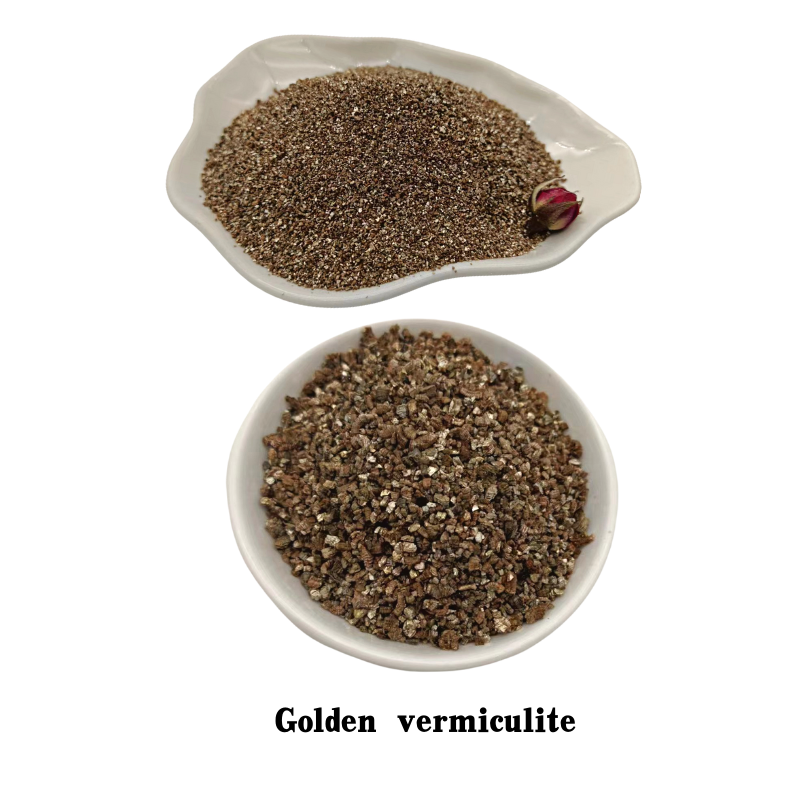
Exploring the Uses and Benefits of Volcanic Rock Dust in China
The Characteristics and Uses of Volcanic Rock Dust in China
Volcanic rock dust, a fine powder derived from the weathering and grinding of volcanic rocks, is a unique natural resource with a variety of uses. In China, where volcanic activity is prevalent in certain regions, this dust has gained attention for its potential applications in agriculture, construction, and environmental restoration. Its composition, properties, and benefits make it a valuable material worth exploring.
Composition and Properties
Volcanic rock dust primarily consists of silica, alumina, iron oxide, magnesium oxide, and various trace elements. This mineral-rich composition provides both physical and chemical benefits. The dust typically retains a high porosity and surface area, which enhances its ability to retain moisture and nutrients. Furthermore, the presence of essential minerals makes it a beneficial additive to soil, promoting plant growth and improving agricultural productivity.
One of the remarkable features of volcanic rock dust is its slow-release properties. Unlike synthetic fertilizers, which can leach away quickly, volcanic dust provides a steady supply of nutrients over time. This slow release is critical for sustaining soil health and fertility, ultimately leading to increased crop yields. Additionally, its ability to enhance microbial activity in the soil can lead to better nutrient uptake and improved plant resilience against pests and diseases.
Agricultural Applications
In China, the agricultural sector has increasingly recognized the benefits of volcanic rock dust. Farmers in regions with volcanic soil have reported higher crop yields and improved soil health after incorporating this dust into their farming practices. The addition of volcanic rock dust can help restore and enhance the fertility of depleted soils, making it particularly valuable in areas affected by intensive agriculture.
Moreover, the application of volcanic dust has shown positive effects on organic farming practices. It is considered a natural and sustainable alternative to chemical fertilizers, aligning with the growing trend towards environmentally friendly agricultural methods. The minerals present in volcanic dust can support the principles of organic farming by providing essential trace elements that promote health in plants and soil alike.
china volcanic rock dust

Construction and Industrial Uses
Beyond agriculture, volcanic rock dust has potential applications in the construction industry. Due to its solid partial structure and unique properties, it can be used as an additive in cement and concrete production. This not only enhances the strength and durability of the materials but also contributes to sustainable construction practices by recycling volcanic material.
Volcanic rock dust also has applications in the production of lightweight construction materials. Its low density and high strength make it an excellent candidate for creating blocks, bricks, and other building components that are both sturdy and lightweight. The use of volcanic rock dust can reduce the environmental impact of construction projects by minimizing reliance on conventional aggregates, which often involve extensive quarrying and transportation.
Environmental Restoration
The use of volcanic rock dust is not limited to agriculture and construction. It can also play a vital role in environmental restoration efforts. In regions affected by soil erosion or degradation, the application of volcanic dust can help stabilize soil structures and promote vegetation growth. These properties make it a useful tool for combating desertification and restoring ecosystems, especially in areas where volcanic activity has enriched the soil in the past.
Furthermore, volcanic rock dust has the potential to improve water retention in drylands, making it beneficial for areas facing water scarcity. As global climate change continues to threaten traditional agricultural practices, integrating natural materials like volcanic rock dust could offer innovative solutions to food security challenges.
Conclusion
In summary, volcanic rock dust represents a versatile and valuable resource in China, with wide-ranging applications across agriculture, construction, and environmental restoration. Its mineral-rich composition not only enhances soil fertility but also contributes to sustainable practices in various industries. As awareness of the benefits of natural materials rises, the demand for volcanic rock dust is likely to grow, positioning it as a key player in China’s efforts towards sustainable development and resource management. Harnessing this natural asset could provide significant benefits, not only for agricultural productivity but also for the overall health of ecosystems and communities.
Share
-
Premium Resin Coated Sand - High Heat Resistance CastingNewsJul.31,2025
-
High Quality Silicon Carbide Grit for Abrasive ApplicationsNewsJul.30,2025
-
High-Quality Ceramsite for Plants & Gardening | Lightweight PebblesNewsJul.29,2025
-
Premium Burgundy Glass Marbles for Vases & Shooter GamesNewsJul.29,2025
-
High Purity Quartz Sand for Industrial and Ground ApplicationsNewsJul.29,2025
-
High-Quality Barite Powder for Drilling & Industrial UseNewsJul.29,2025






